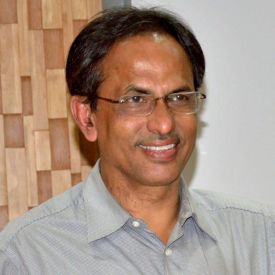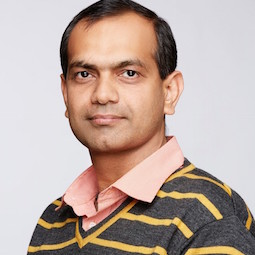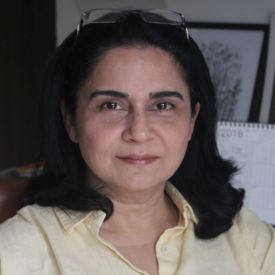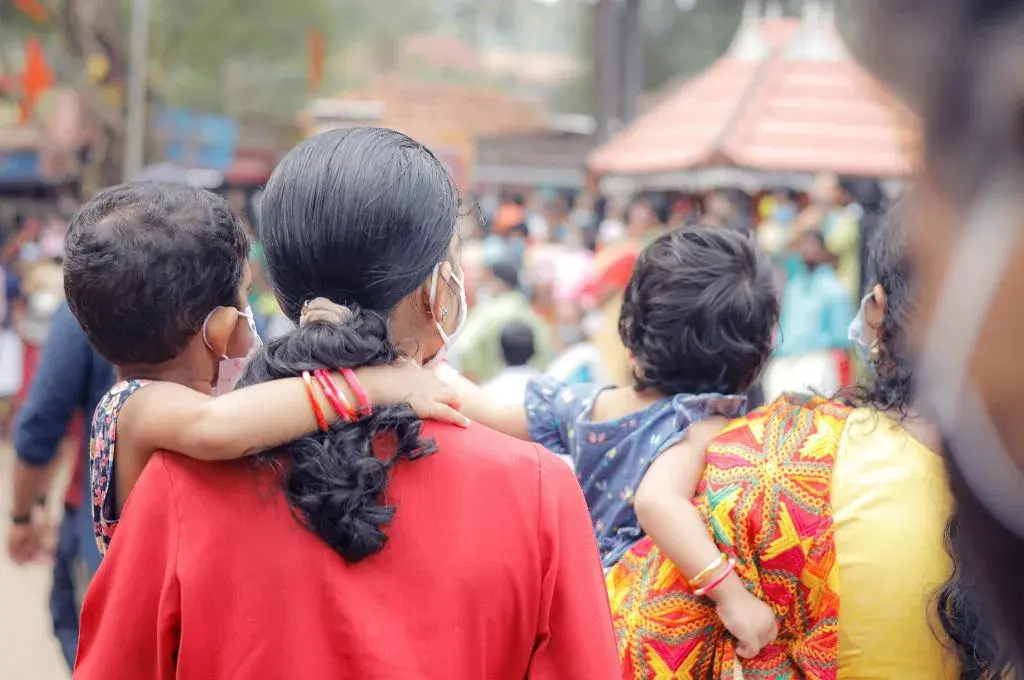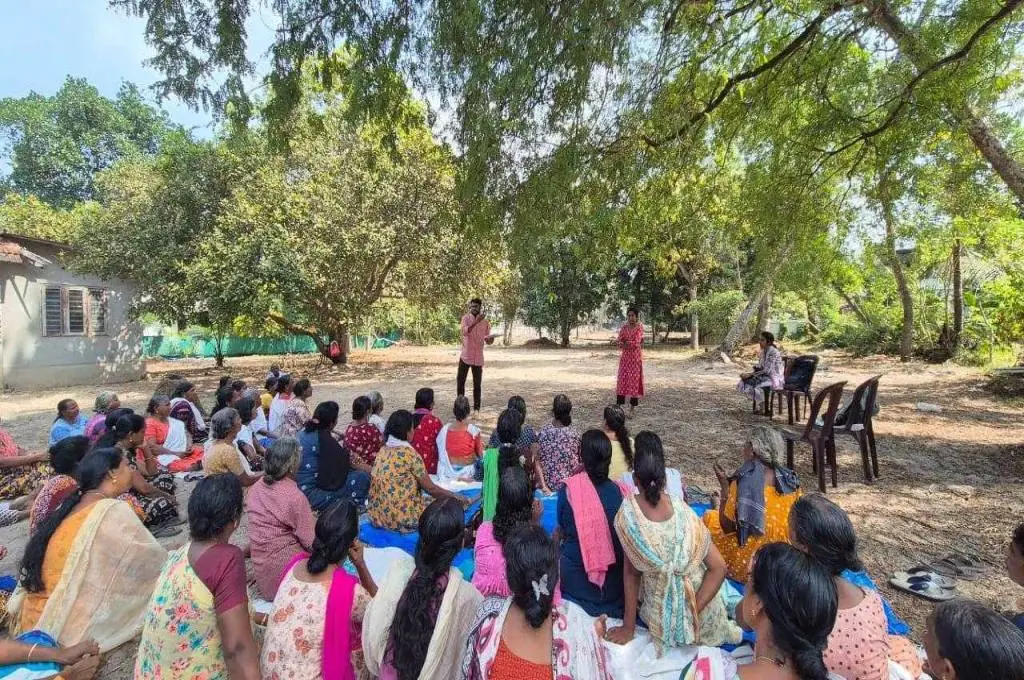Imagine waking up one morning to shooting stomach pain, gut wrenching nausea, rising fever, and repeated loose motions, and the sinking realisation that this could quickly turn into a medical emergency. And now imagine that there was no medical help nearby. The nearest government health centre was 10-12 kilometres away on potholed roads, there was no private doctor for miles, even the nearest pharmacy was three kilometres away, and there was no immediate transport to get to any of these places. And you felt too weak to even walk the few steps to the bathroom.
Such a situation might be unthinkable for those reading this, but it did happen to one of us on a field trip in rural West Bengal and it is a reality that many millions in India face routinely. In this incident, the nearest place where any medicines were available was at the home of the next-door village health provider. He had no formal medical training beyond a high school certificate but had worked as an assistant to several private doctors in the city before setting up his own small private practice in his native village. He was already up at that early hour and quickly supplied the required antibiotic for the infection and a drug to control the vomiting. These were suggested by a friend—a super specialist—through a long-distance call, a luxury not easily available to other residents of that village.
Related article: Ayushman Bharat trivialises India’s quest for universal health care

Shortage of formally trained doctors in rural India
Our village health provider had the right drugs available at the right time and in the right place. There are millions of such private informal providers all over India providing essential doorstep health services to millions of rural households. Emerging estimates from a study by Liver Foundation in West Bengal which is currently underway, suggest there may be more than 1.6 million such practitioners in India. As you move further and further away from cities, the number of qualified doctors decreases and in much of rural India, most healthcare providers do not have a formal medical qualification. In the state of Madhya Pradesh, for example, Das et al. (2016) found that 64% of healthcare providers in a representative sample of 100 villages were private providers. Seventy per cent of them had no medical qualification, yet they accounted for 77% of household visits for healthcare seeking.
[quote]There are not enough alternatives in place to provide healthcare on this massive universal scale.[/quote]National surveys fail to capture this data accurately but provide a strong enough indication. According to the National Sample Survey of India (NSS) (2014) more than 70% of persons with an illness go to private doctors or hospitals (Government of India, 2016). This leads us to believe that there is an extensive network of qualified private doctors offering healthcare across the countryside, but this is an incorrect interpretation. The fact is that the majority of private providers in rural areas are informal and there is substantial evidence from several studies, such as by Das et al. 2016, Gautham et al. 2014, and De Costa and Diwan 2007 to prove this.
The fault perhaps lies in the way that surveys are designed to ask people about their source of healthcare. Most rural households when asked about their last source of health-seeking, would typically report going to a ‘nearby private doctor’ or to the ‘village doctor’ or to ‘so and so..’ (by name); what they usually imply is the informal village practitioner. The NSS and the National Family Health Survey questionnaires lack the required codes to capture informal private providers within the larger category of private providers. This should be a huge concern for planners and implementors, as the numbers of these informal providers are too large to be dismissed without a serious appraisal of the pros and cons.
[quote]The rural health system will ‘collapse’ if any attempt is made to ban informal providers.[/quote]Section 15.2(b) of the Indian Medical Council (IMC) Act, 1965 makes it illegal for anyone without a university medical qualification to practise modern medicine. The law however has not succeeded in penalising, banning or even reducing India’s informal healthcare market as there are not enough alternatives in place to provide healthcare on this massive universal scale. Talk to any health department officials at the state level (particularly in states with large numbers of informal practitioners) and the practical ones will tell you that the rural health system will ‘collapse’ if any attempt is made to ban informal providers. Besides, health and regulatory departments are too poorly resourced to carry out enforcement drives as it would need an army of health inspectors to identify millions of providers and put them away behind bars. The issue is also politically sensitive as informal providers have the unflinching support of their local communities; local politicians are only too aware of the fallout of punitive actions.
Related article: The healthcare skew

Empowering community health workers to achieve universal healthcare
As a pragmatic step towards universal health coverage, the states of Andhra Pradesh, West Bengal, and Bihar are training these providers as community paramedics. An evaluation of the early training in West Bengal has shown significant gains in case management (Chowdhury et al. 2016). Informal providers have also been engaged in many successful public health initiatives such as UNICEF’s (United Nations International Children’s Emergency Fund) Social Mobilization Network for polio eradication, in reaching out to tuberculosis patients and reporting epidemics, and for distribution of ORS (oral rehydration solution) and zinc, and contraceptive methods like condoms and pills.
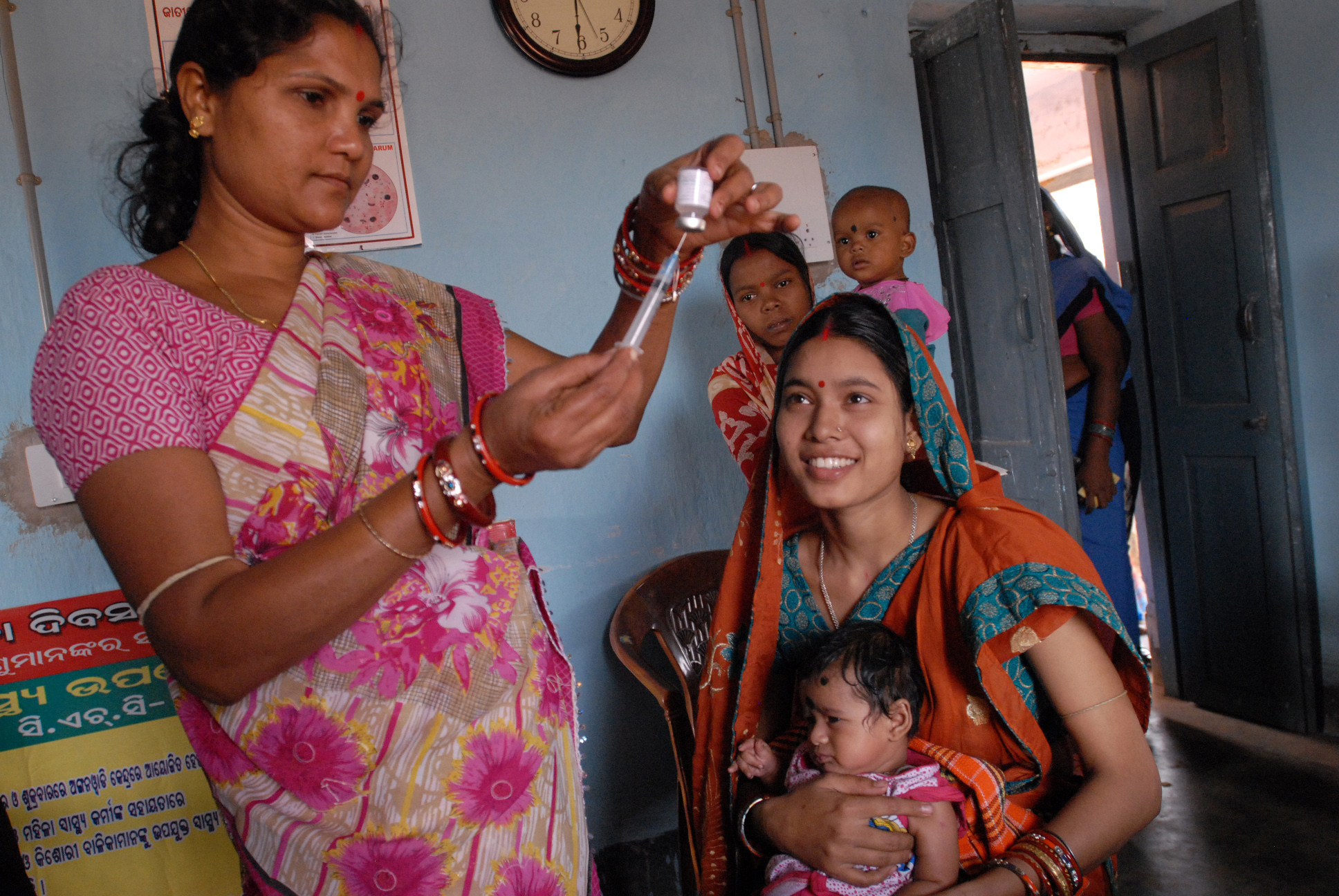
Photo courtesy: Wikimedia Commons
There is further potential for involving them in screening for non-communicable diseases and in doing systematic triage and referrals. They can be trained to manage emergencies as first responders and for spreading the right messages about health and hygiene as they are an important source of knowledge and advice for communities. Unfortunately, the media is usually on the lookout for negative stories of the harms they cause but never about the lives that they save, or that systematic comparisons show that private providers, even those without a medical qualification, exert greater effort and adhere to treatment checklists more often than public providers in the same setting (Das et al. 2016).
[quote]The glaring mismatch between needs and availability of quality medical care in rural India makes it imperative to seek policy alternatives.[/quote]To some it may sound like we are justifying barbarism or medieval science. The principles of best of healthcare for everyone are arguably the ones we should strive for, and that calls for healthcare providers with proper medical credentials. Unfortunately, the ground realities of many developing countries, including India, have been that far from providing the best, they have been unable to meet even the minimum healthcare needs of their people. This painful, long lasting historical legacy with no clear visible resolution in the near future, and the glaring mismatch between needs and availability of quality medical care in rural India makes it imperative to seek policy alternatives. This is not to replace the goalpost for the best that the government should do but to suggest a transitional model of rural healthcare delivery that is pragmatic, grounded, and realistic rather than being ideal, dreamy, and vague. Informal providers exist in many low- and middle-income countries (Sudhinaraset et al. 2013), and the Committee on Improving the Quality of Health Care set up by the National Academies of Sciences, Engineering and Medicine (NASEM, 2018) has recommended that ‘country governments should integrate informal care providers into their national health strategies and quality monitoring and improvement efforts.’
Related article: Understanding community health workers
Access to healthcare versus excess use of antibiotics
The National Medical Commission Bill, 2017 was introduced by the Ministry of Health and Family Welfare to replace the Medical Council of India and to bring about reforms in medical education. It needs to support states to develop initiatives with informal providers for two important reasons: First, as a rapid short-term measure to ensure universal health coverage, and second, to address the increasing epidemic of antibiotic resistance in the country. India has amongst the highest global levels of resistance to common antibiotics like penicillin, ciprofloxacin, and azithromycin in bacteria that cause common illnesses like diarrhoea, pneumonia, and urinary tract infections. The reason is widespread and excessive use of antibiotics in human and animal health systems. This puts all of us at equal risk of acquiring a resistant infection at any time. Rural health markets are a big source of revenue for pharmaceutical companies, leading to unregulated sales and promotion of antibiotics through informal providers, and therefore it is essential to start here for obvious reasons of scale.
[quote]India has amongst the highest global levels of resistance to common antibiotics.[/quote]In our efforts to curb the ‘excess’ use of antibiotics however, we cannot afford to ignore the need to ensure universal ‘access’ to essential antibiotics for the poorest of the poor. Many low- and middle-income countries facing similar problems are trying out novel solutions such as empowering trained community health workers to use selected antibiotics in a supervised manner. This accomplishes the dual task of achieving universal coverage with health services and addressing unregulated antibiotic use. India has entered into global agreements to address antimicrobial resistance, and the country’s political leaders and planners need to recognise that universal healthcare (that requires community-based health providers in large numbers) can become a powerful weapon against antimicrobial resistance and against infectious diseases.
[quote]In our efforts to curb the ‘excess’ use of antibiotics, we cannot afford to ignore the need to ensure universal ‘access’ to essential antibiotics for the poorest of the poor.[/quote]The present reliance on informal providers can gradually change with the entry of more formally trained providers at that level. The health ministry’s current efforts of training and deploying mid-level health providers at sub-centres/health and wellness centres, if implemented properly, can outcompete informal providers, just as the government’s programme of incentivising institutional deliveries has substantially reduced the demand for dais (traditional birth attendants) in villages, and as mobile phones replaced telephone booths years ago. These mid-level provider programmes including the B.Sc. (Community Health), the bridge programmes for nurses and AYUSH (Ayurveda, Yoga and Naturopathy, Unani, Siddha and Homoeopathy) doctors, and the three-year medical diplomas in Assam and Chattisgarh are just as important as MBBS (Bachelor of Medicine and Bachelor of Surgery) programmes for ensuring universal healthcare in the country. They deserve their own respective boards to regulate, license, and oversee the career pathways of the graduates of these programmes. The IMC Act, 1965 designed to regulate the education of MBBS and its specialisations, has been used unfairly to obstruct and outlaw other programmes of health education that can potentially meet the health needs of the billions who cannot access MBBS graduates and specialists. This is an instance where the law itself has become a travesty of justice. It would be a huge tragedy for health services in India if the National Medical Commission Bill, 2017 followed the same dogmatic framework as the IMC Act.
India needs an effective, outcome-driven primary healthcare-delivery system and one way to succeed in this is to harness human resources within or close to communities. We need to recognise the unique strengths of India’s pluralistic healthcare delivery system and enhance its contextual relevance rather than turning a convenient blind eye to the elephant in the room.
This article was originally published on Ideas For India. You can view it here.

